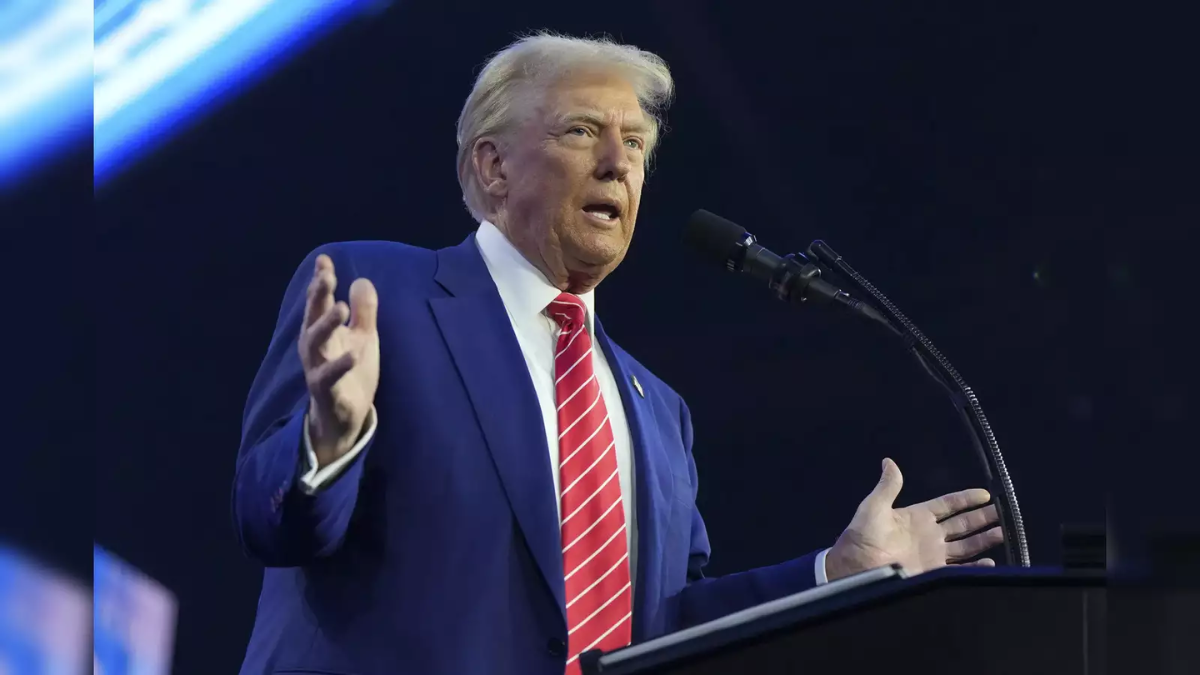Concerns are mounting among retirees and federal workers about the potential influence of high-profile figures like Elon Musk and former President Donald Trump on the future of Social Security. As discussions about reforms to the program escalate, many beneficiaries fear that changes could jeopardize the financial stability they depend on.
Social Security, a lifeline for nearly 70 million Americans, is already under scrutiny due to its projected insolvency by 2034. However, recent rhetoric from influential figures has amplified fears that benefits could face cuts or undergo significant changes. For retirees living on fixed incomes and federal workers relying on the system for future retirement security, this uncertainty is unsettling.
Why Musk and Trump Are Part of the Conversation
The inclusion of Elon Musk and Donald Trump in Social Security debates stems from their respective public comments and policy positions. Musk has frequently criticized government-run entitlement programs, advocating for limited government spending and private-sector-driven solutions. While Musk has not directly proposed changes to Social Security, his views on reducing federal involvement have sparked concerns about privatization.
On the other hand, Trump, during his presidency, promised to protect Social Security but also supported tax cuts that impacted the program’s funding. Critics argue that these policies have added strain to an already fragile system. Recently, Trump’s potential return to the political arena has reignited speculation about his approach to entitlement programs.
Potential Impact on Benefits
Beneficiaries’ fears are not unfounded, given the program’s financial outlook. According to the Social Security Administration (SSA), the trust funds that support the program could be depleted within a decade. Without intervention, this would lead to a 23% reduction in benefits. For the average retiree, this would mean a significant drop in monthly income.
Concerns over Musk’s views on privatization further fuel speculation about how Social Security might evolve. Privatization would involve shifting the program from a government-managed system to one where individuals invest their contributions in private accounts. While proponents argue this could yield higher returns, opponents highlight the risks, especially for low-income individuals who cannot afford investment losses.
Trump’s previous policy decisions, including payroll tax deferrals, have also raised alarms. The payroll tax is the primary funding source for Social Security, and any disruption to this revenue stream could accelerate the program’s insolvency.
Federal Workers’ Unique Concerns
Federal workers, who often have dual retirement systems combining federal pensions with Social Security, are particularly worried. Any changes to Social Security could disrupt their retirement planning, forcing them to reconsider savings strategies and retirement timelines.
Many federal employees are also concerned about potential shifts in the program’s structure under new political leadership. The uncertainty surrounding future reforms has left them questioning the reliability of benefits they’ve spent decades contributing to.
Calls for Action
Advocates for Social Security beneficiaries are urging lawmakers to address the program’s challenges without compromising its core mission. Key proposals include:
- Raising the Payroll Tax Cap: Currently, only wages up to $160,200 are subject to Social Security taxes. Increasing or eliminating this cap could generate additional revenue.
- Adjusting COLA Calculations: Revising how cost-of-living adjustments (COLAs) are calculated could ensure benefits better reflect inflation, particularly for seniors.
- Gradual Reforms: Implementing incremental changes rather than sweeping overhauls could ease the financial burden without disrupting benefits.
Staying Informed and Prepared
Beneficiaries are encouraged to stay informed about potential policy changes and advocate for measures that protect their interests. Financial advisors recommend diversifying retirement savings and exploring supplemental income options to reduce reliance on Social Security alone.
Final Thoughts
The uncertainty surrounding Social Security’s future, coupled with the involvement of influential figures like Musk and Trump, has heightened anxiety among retirees and federal workers. While reforms are necessary to address the program’s financial challenges, they must be carefully designed to safeguard the millions who rely on this vital safety net.
For more information on Social Security’s financial outlook and proposed reforms, visit the Social Security Administration’s official website.
Disclaimer – Our team has carefully fact-checked this article to make sure it’s accurate and free from any misinformation. We’re dedicated to keeping our content honest and reliable for our readers.







